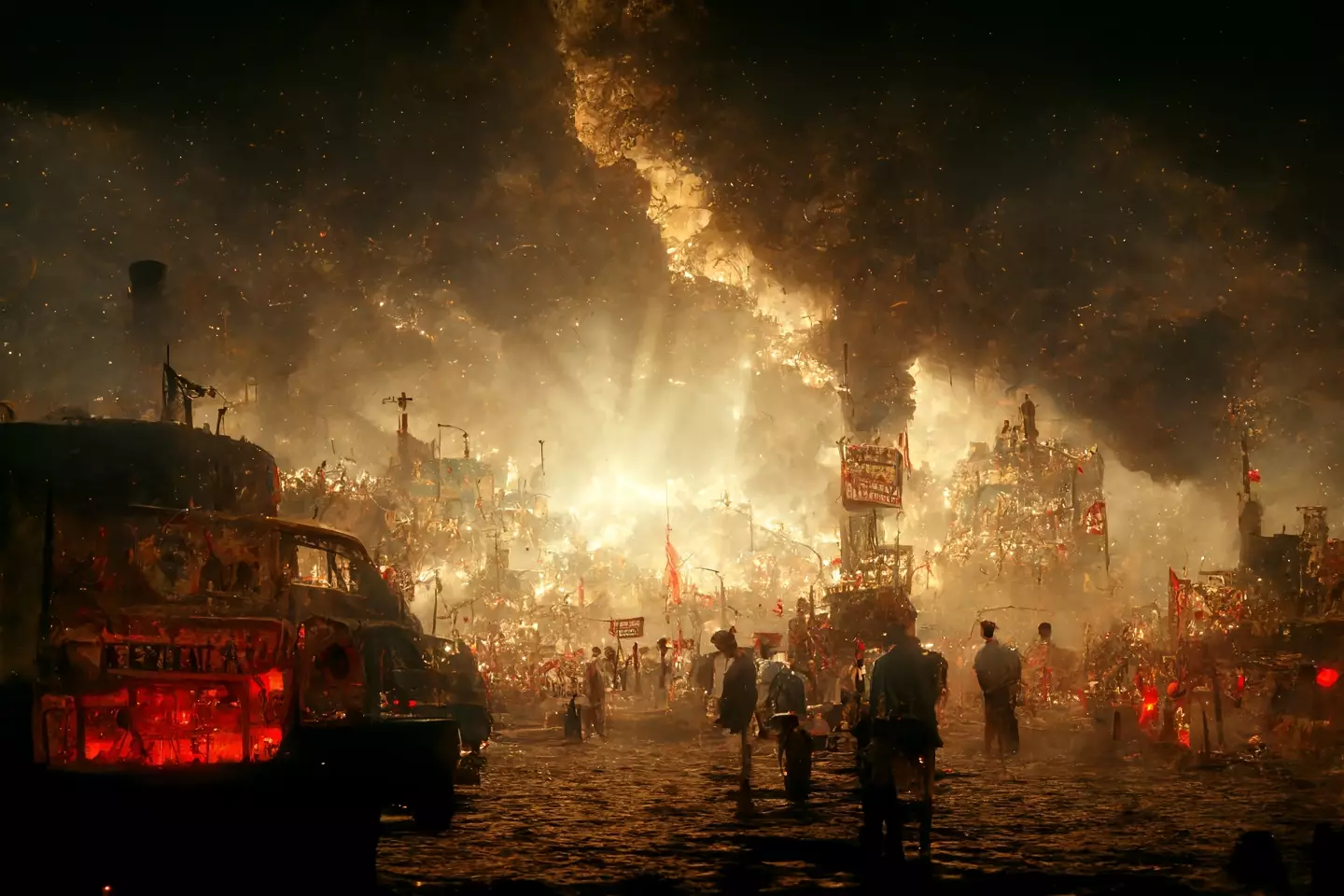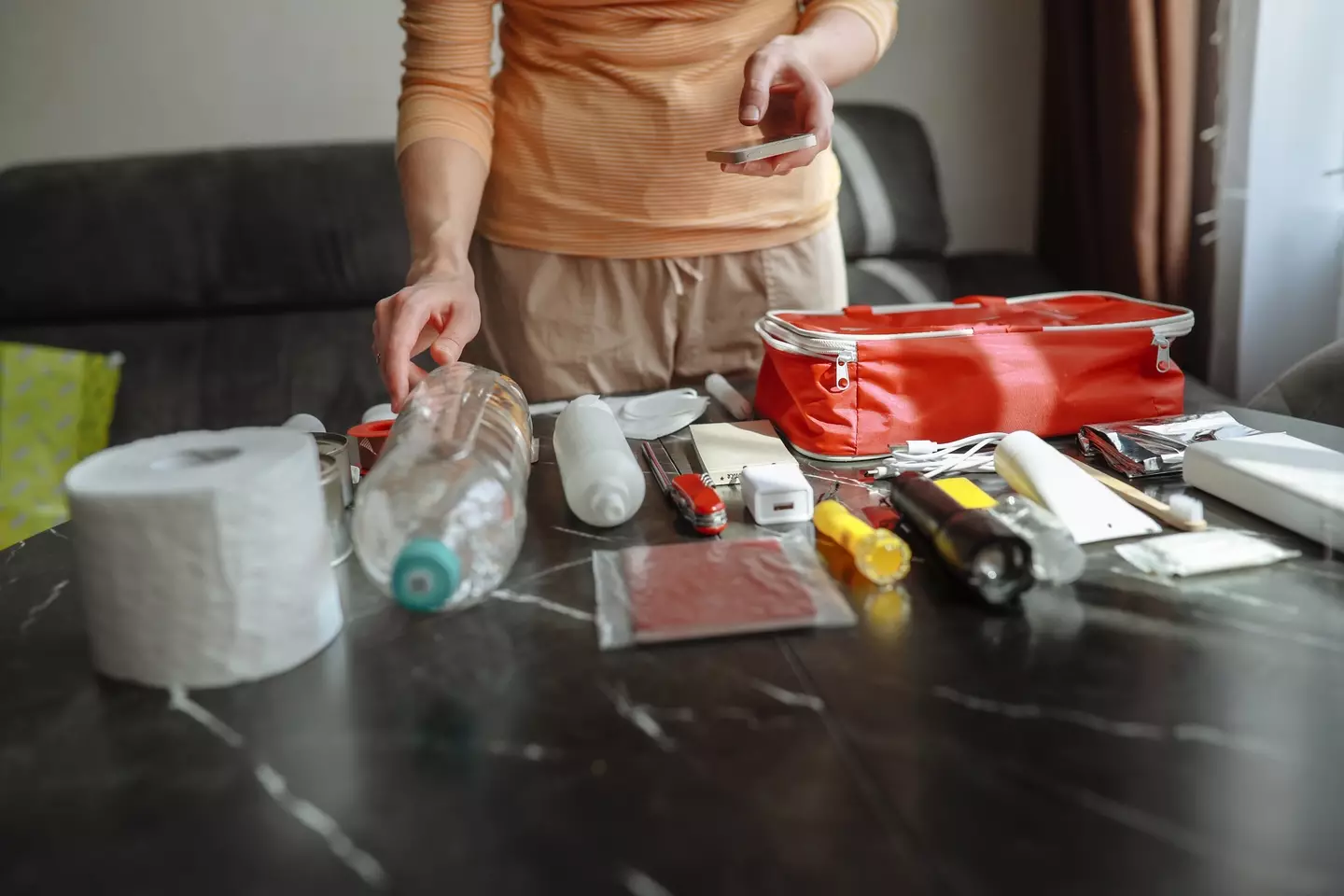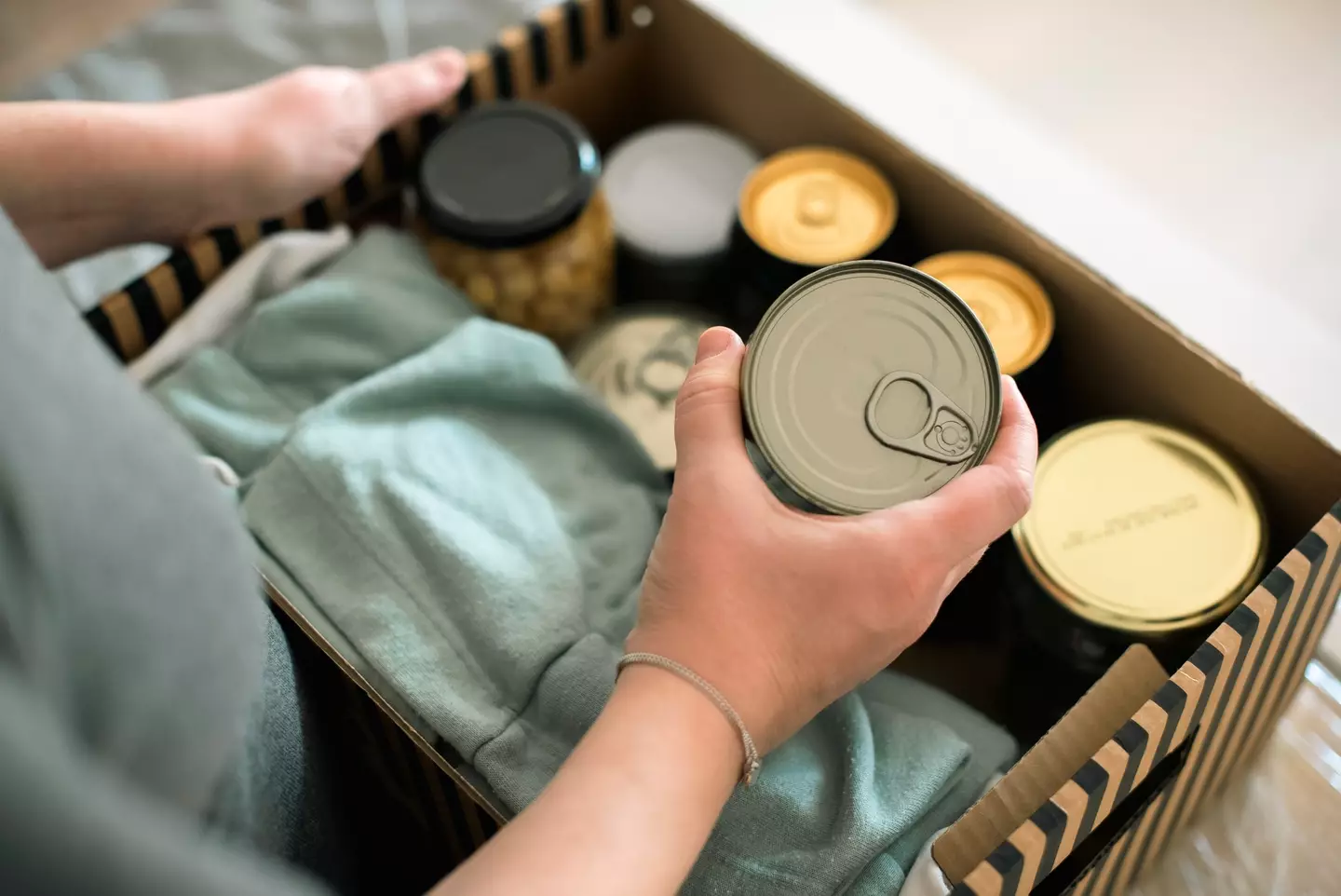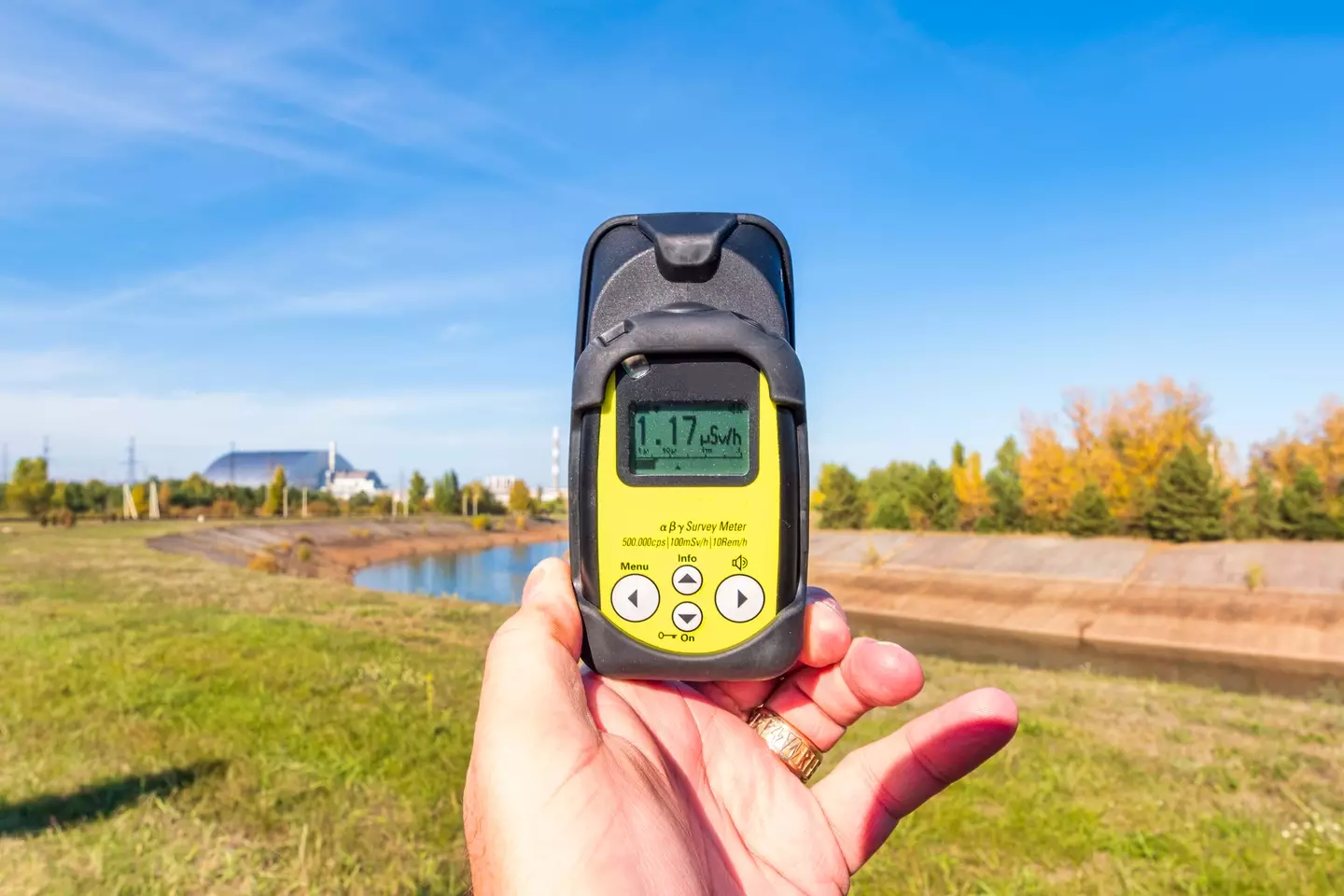.png)
As nuclear tensions and World War III fears begin to rise, an expert has revealed what citizens can do to prepare for the worst-case scenario.
As terrifying as it is, Netflix's latest apocalyptic thriller A House of Dynamite could be closer to reality than we think.
While climate change was once considered the leading risk to humanity's demise, analysts recently changed that position to that of a nuclear apocalypse since our world is home to weapons that could instantly wipe out life as we know it.
It doesn't help that President Donald Trump and his Russian counterpart Vladimir Putin have been flexing their nuclear muscles recently, making thinly veiled threats of retaliation at each other should anyone go and hit the red button.
Advert
Just last week, the POTUS ordered the Department of War to start testing America's nuclear weapons for the first time in 33 years - and conflicts from Ukraine to Gaza continue to wage on.

So, if you've tuned into the harrowing movie and have some anxiety about a third world war or nuclear bomb bringing about an eternal winter, your fears are, tragically, perfectly rational.
Fortunately, an expert has listed five things we mere mortals can do to prepare for such a catastrophic event.
'Bug out bag'
Sean Gold, an emergency management specialist and founder of the preparedness website TruePrepper.com, told The Express that the first step comes down to packing an evacuation bag with essentials.
"Place your government-suggested supplies in a bag that you can carry. Preppers call it a 'bug out bag', designed for fast evacuation with survival essentials," he said.
As for your survival kit, Gold suggested several items: "A lighter, water filter, tarp, and other gear that meet your basic survival needs can help you survive worst-case situations."

'Store what you eat, eat what you store'
A battery or wing-up flashlight, a portable (and charged) power bank for devices like your cellphone, spare batteries and a basic first aid kit alongside bottles of water and non-perishable food that doesn't require cooking could be another good idea.
Gold says the prepping community lives by the mantra, 'store what you eat, eat what you store,' explaining further that this 'not only means that you should store food that you and your family like and won't turn their nose up at, but also to rotate through your food storage - by eating it and replacing it at regular intervals.'
"Having a variety of cans to replicate a range of meals is best, since their macronutrition can vary widely."
Grow your own
The next thing he says comes down to reducing reliance on supply chains, as in the event of a conflict, the services and goods we rely on will either become disrupted and scarce or entirely out of reach.
Home gardens can become a vital resource, supplying fresh produce if grocery stores become a no-go.
Barrels that collect rainwater can also come to the rescue in this regard.

Consider power
Solar panels and small generators can also prove a saving grace in the event of an electrical outage, enabling you to charge devices and access essential equipment.
Specialised gear
Finally, he says the important thing is to remember that, despite the movies, you can survive a nuclear event.
"Many people write it off as an apocalyptic situation, but while it's massively deadly and disruptive, it could be survivable for most people," he continued.
"EMPs (a burst of electromagnetic energy) are a related possibility - and specialised gear can help tackle all of these threats."
Gold added: "Potassium iodide, respiratory protection, Faraday bags, and Geiger counters can all help in those extremely unlikely situations."

Potassium iodide tablets can help prevent absorption of harmful radioactive iodine, while Geiger counters, a handheld device, indicate where it is safe from dangerous radiation levels.
Meanwhile, Faraday bags will ensure your devices will keep working after electromagnetic pulses, and filtered masks will prevent you breathing in contaminated dust or other dangerous particles.
The insight comes as Dr Rhys Crilley, an expert in international relations from the University of Glasgow, UK, recently said the risks of nuclear attacks are no longer 'theoretical' with even a 'small' conflict involving 100 warheads able to trigger the global food supply to collapse, leading to the deaths of two billion people through starvation alone in two years.
Topics: World News, US News, Politics